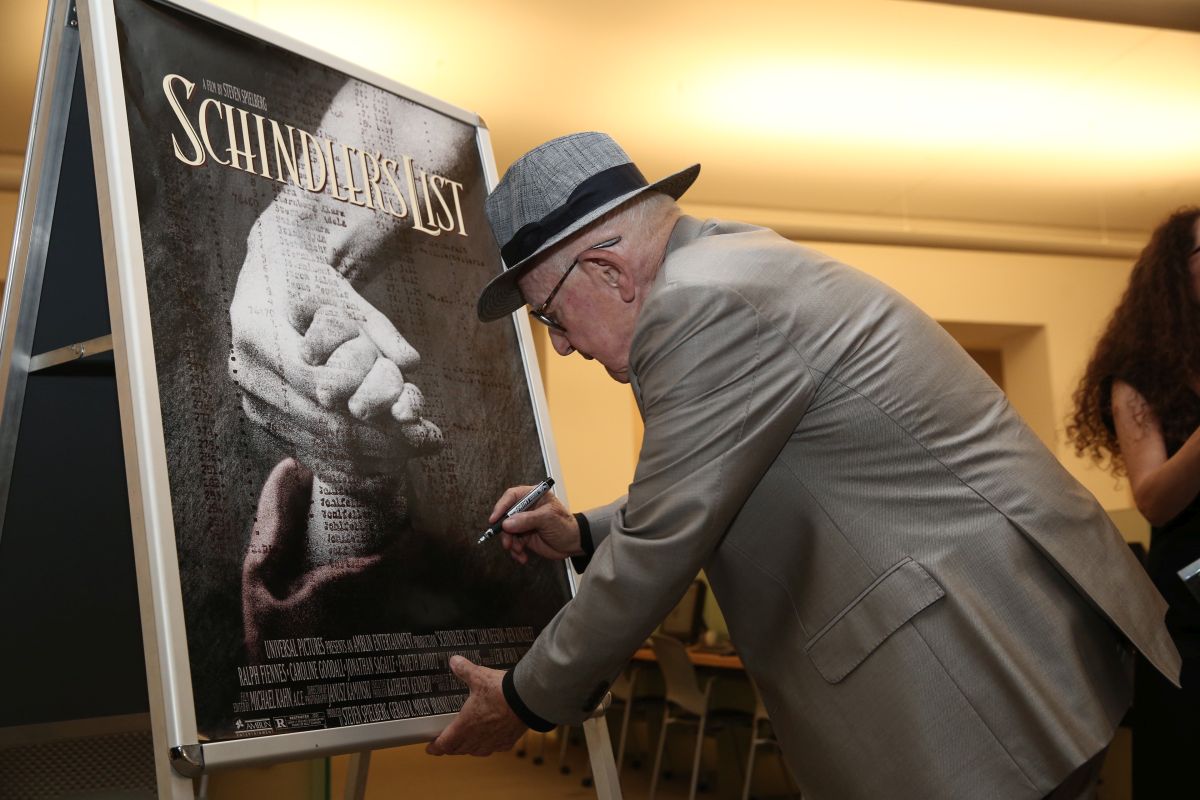
By not being able to be legally married until now, I have not had the choice of a wide range of possible congregations to serve in past years. Did you two and/or Jordan and Zachary ever face any bigotry or discrimination because of your relationship?.We have been together since 1981 we had a religious wedding in 1984 we had a civil wedding in Canada in 2003 now, for the first time, we are fully legally married in our own place of residence! How long have you two been together, and when and where did you get married?

You are married to Betsy Conston, with whom you have raised two sons, Jordan and Zachary Holtzman-Conston.Begins Her Work in a Small Town." In 1981 Holtzman became the first female rabbi ever to give a keynote speech for the World Congress of Gay and Lesbian Jews.īecause Rabbi Holtzman is a highly respected, courageous spiritual leader in our community, we put several questions to her last week about matters of interest to many area residents. In 1979 The New York Times published an article about her headlined "Only Female Presiding Rabbi in U.S. She thus became the first woman to serve as a rabbi for a Conservative congregation, as the Conservative movement did not then ordain women. She had graduated in 1979 from the Reconstructionist Rabbinical College in Philadelphia, yet was hired by Beth Israel despite their being a Conservative congregation. to serve as the presiding rabbi of a synagogue when she was hired by Beth Israel Congregation of Chester County, which was then located in Coatesville. Airy native, who “came out in my 20s, shortly after I realized that I was a lesbian,” became one of the first women in the U.S. Airy, is a pioneer as a rabbi and as a lesbian. Airy rabbi Linda Joy Holtzman, 61, who will speak about intermarriage this Thursday, June 19, 7 p.m., at the Big Blue Marble Bookstore, 551 Carpenter Lane in Mt. The views and opinions expressed in this article are those of the author and do not necessarily reflect the views of JTA or its parent company, 70 Faces Media.Mt. Despite a global pandemic, an unstable world and a planet hurting because of human choices, by acknowledging the good in addition to all the ways we missed the mark, we aim to remind ourselves of all the things that not just keep us afloat but lift us up, allow us to keep going and offer hope. With much turbulence and trauma still unfolding, let us be reminded that it’s OK to give ourselves a break and also focus on the helpful ways that we are navigating these unprecedented times. It also references the pandemic era in its last line, when we confess that we have “zoomed and zoomed in.” Ours is different because we composed it in English, so it functions as an alphabetical acrostic in English the way its traditional counterpart does in Hebrew. And five years ago Avi Weiss, a Modern Orthodox rabbi, shared his “opposite recitation” with Jewish Telegraphic Agency readers. Inspired by that, Rabbi Binyamin Holtzman wrote a wonderful complementary confession in 2014 that is available on OpenSiddur (translated from Hebrew to English by Rabbi Joseph B. Rabbi Avraham Yitzchak HaCohen Kook, the first Ashkenazi chief rabbi of what would become Israel, once said that Jews should celebrate our good deeds as much as lament our sins. We are not the first to craft a viddui that inverts the traditional liturgy. In our version, worshippers praise themselves - perhaps giving themselves a pat on the back rather than a beating on the breastbone - for inspiring, for maturing, for trying. So together we crafted a positive viddui for our congregation that we are sharing here. We saw that the work of preparing our hearts, minds and souls for the holiday season - as well as dealing with our disappointment in the unpredictability and uncertainty of this pandemic - required intentional efforts to create space for optimism. Our congregation, Beth Chayim Chadashim in Los Angeles, is planning only a handful of in-person services, all outdoors - and we know this may not be the final arrangement.Īgainst this backdrop, we recognized that our community would benefit from a communal expression of encouragement, comfort and balance. So many of us joyously awaited the return to in-person High Holiday services, only to have our plans undermined by the threat posed by the Delta variant of COVID-19. But one takeaway from the past year is that even when we do our best, it may not be enough. This year, we again will reflect on our shortcomings. Known as a viddui, the prayer is a centerpiece of our Yom Kippur liturgy. ( JTA) - Every year during the High Holidays, Jews recite a litany of ways we have fallen short in a confessional prayer. By Rabbi Jillian Cameron, Cantor Juval Porat


 0 kommentar(er)
0 kommentar(er)
